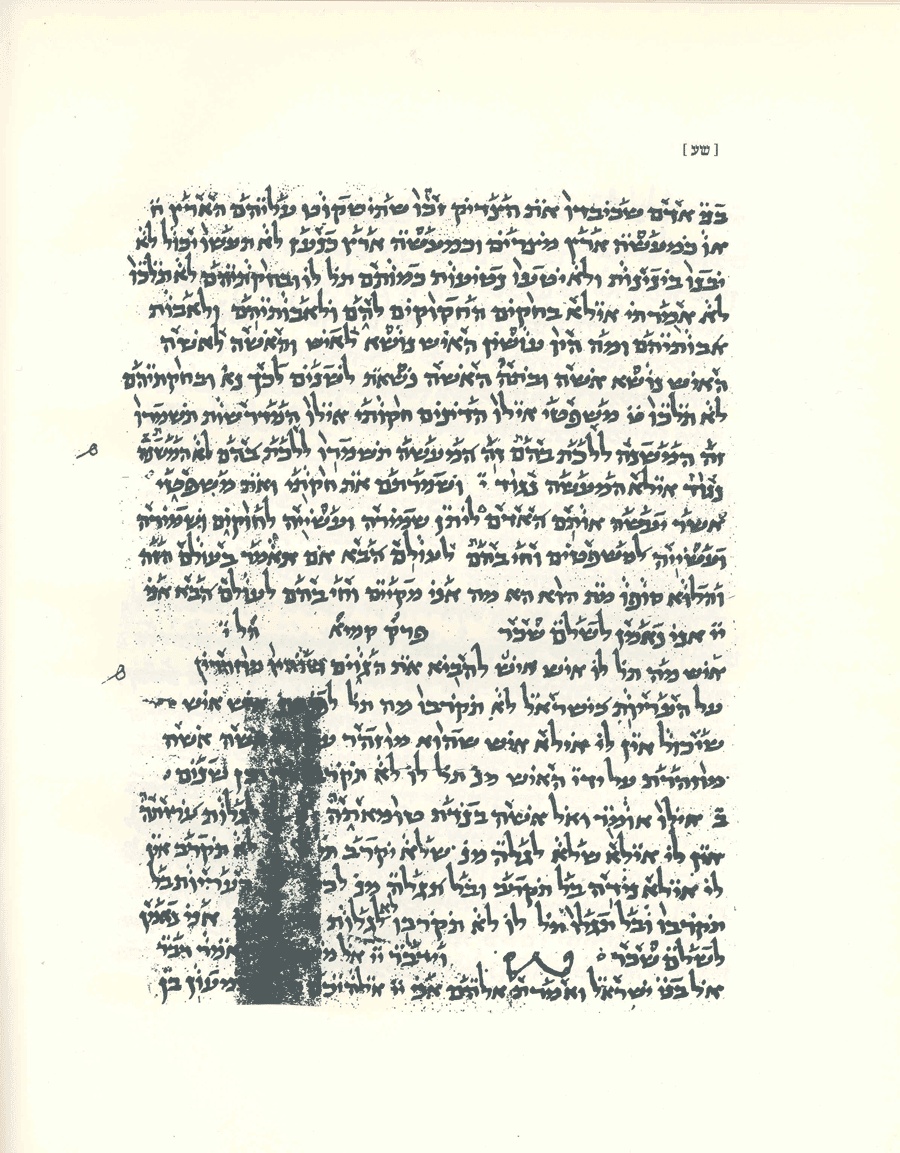Vatican Codex Assemani 66 (Ebr. 66) is perhaps the oldest extant manuscript of rabbinic literature, dating possibly to the tenth century C.E. It features the rabbinic compilation known as the Sifra, which provides legal exegesis of Leviticus considered to date back to the second century C.E. In this passage (Sifra Aharei Mot 9), the rabbinic authors interpret Lev. 18:3, which instructs the Israelites to shun the practices of Egypt and Canaan. The midrash proposes that the intention of the verse is to prohibit only those gentile practices that are transmitted for generations, and it points to several marital practices, including homosexual marriage, as examples. The anonymous authors create here a sharply critical portrait of gentiles, but at the same time they expand the set of gentile practices permitted to Jews. The passage points to the complexity of the rabbinic response to the largely pagan culture of Palestine in that period.
Which exhibit?
Page: Featured item
Short name for this entry
The Assemani Codex
Order on exhibit page
3
Turn off the details link on the exhibit page
Off
